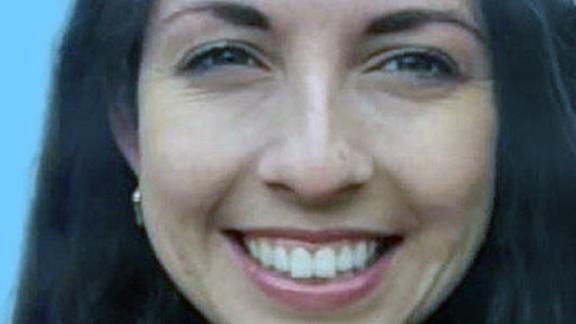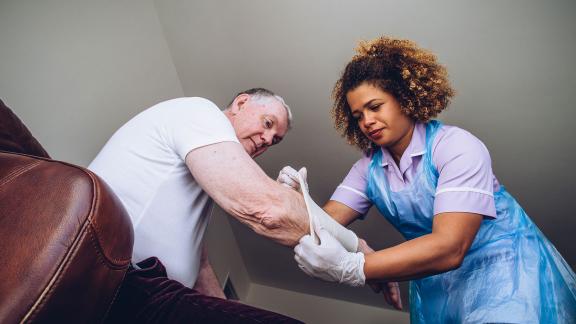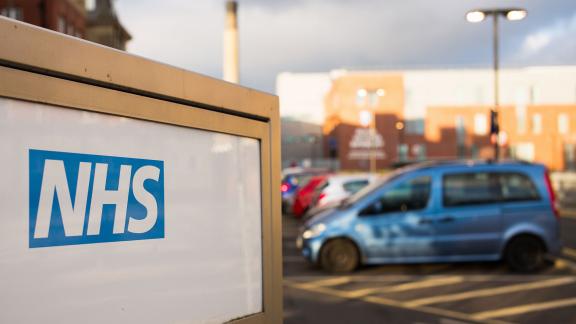Urgent community response standards: Supporting providers to use the community services data set

The second of six webinars on delivering the urgent community response standards will focus on supporting community providers with data collection to help them towards the full and complete submission of data over the next few years. Sara Gariban, senior policy officer at NHS Providers, explains more.
The first NHS England and NHS Improvement (NHSEI) webinar on delivering the urgent community response (UCR) standards in the NHS Long Term Plan took place at the end of November (slides and recording can be accessed here). In this first session of a six-part series, over 240 attendees joined NHSEI to discuss how delivering the two UCR standards can help to address current operational challenges and improve outcomes for patients.
As acknowledged at the webinar, rapid response services are not new, but the two UCR standards - crisis response care within two hours from any referral source and reablement care within two days from any referral source except a hospital ward or bed – aim to build on these foundations and standardise provision across the country. While providers have made great strides in implementing rapid response services both before and during the pandemic, the roll-out of these first-ever national standards for community health services is viewed as a significant step in driving forward ambitions for timely, integrated and standardised care.
However, an important part of getting this right will be recording data and submitting this to the Community Services Data Set Version 1.5 (CSDS V1.5). Gathering high-quality data against the two-hour, two-day UCR standards will help community health services to monitor and measure progress over the next few years, and identify any gaps or barriers to the consistent delivery of the two standards. As discussed in the first webinar, so-called ‘data deserts’ in community health services can make it difficult for the national NHS bodies to ‘shout about’ some of the exceptional work that is taking place in the sector. While providers locally often have rich data about their services, it is challenging to aggregate this nationally – an issue that NHSEI hopes the CSDS will help overcome.
Considering the importance of data collection, the aim is that all NHS providers of NHS-commissioned UCR services will submit data to the CSDS V1.5 by April 2021, and all non-NHS providers will submit by September 2021. However, NHSEI is conscious that there are many competing demands and operational strains on community health providers, as well as ongoing issues with complexity of recording and submitting data for community health services. Indeed, for many community health providers there is uncertainty about the data that should be submitted, and challenges with recording data across different systems. Clearly, progress in submitting data against the UCR standards will not happen overnight, but NHSEI wants to support providers to overcome these barriers and help them towards the full and complete submission of data over the next few years.
Therefore, the second session in the NHSEI UCR webinar series will be focused on supporting community health providers to use the CSDS V1.5 to submit data on the two UCR standards. The webinar will take place on Thursday 10 December at 12-1.00pm. Please click here to register. Before the event, further information on data collection and the recording of relevant data on the CSDS V1.5 can be found in the UCR technical guidance here.
Sara Gariban is senior policy officer at NHS Providers. Follow the organisation on Twitter @NHSProviders



